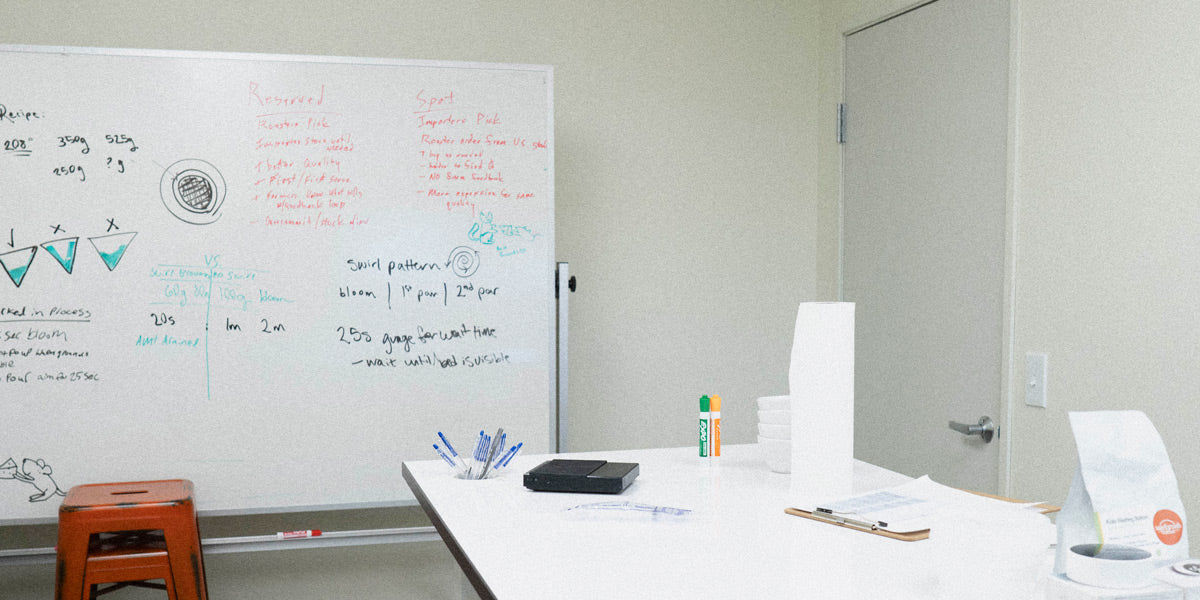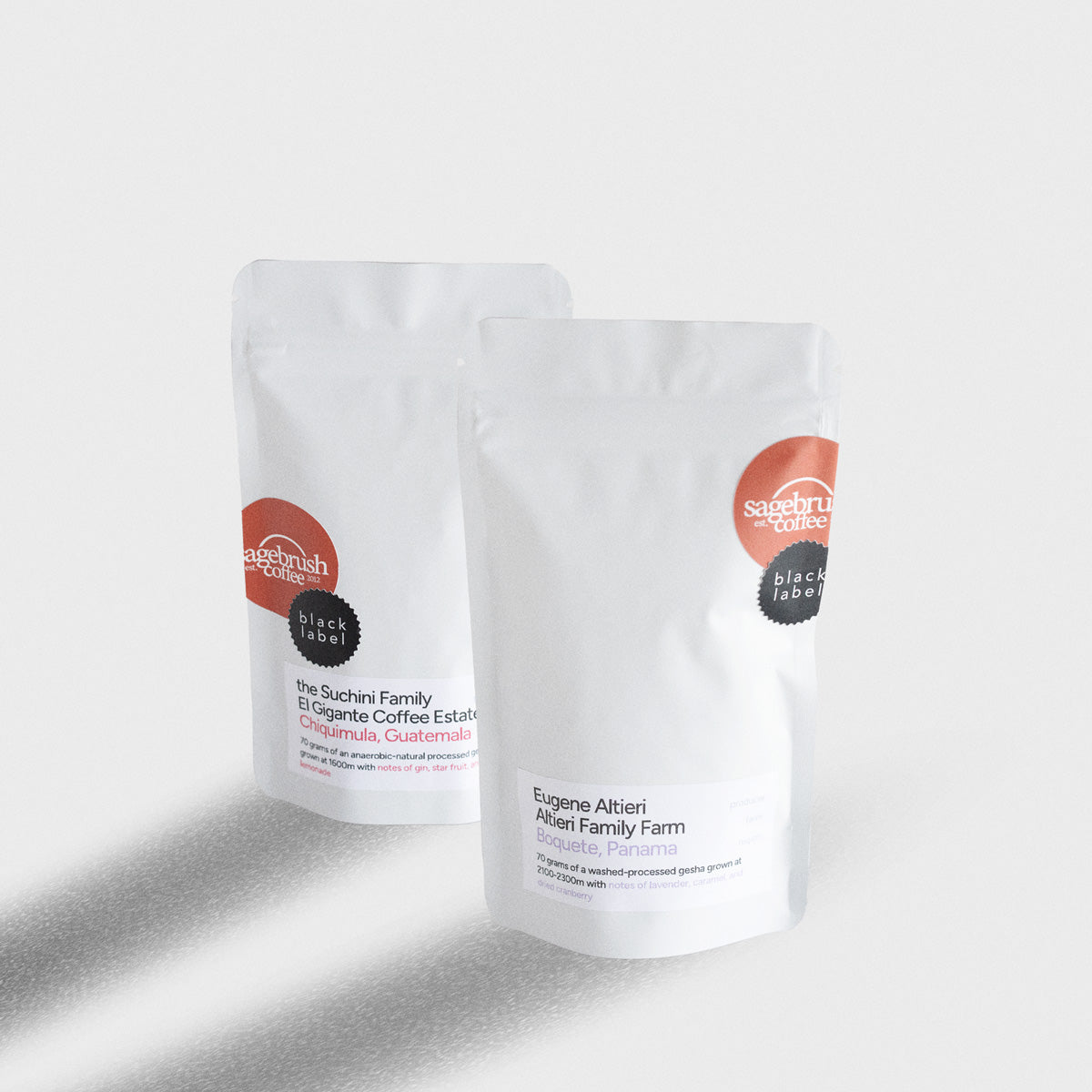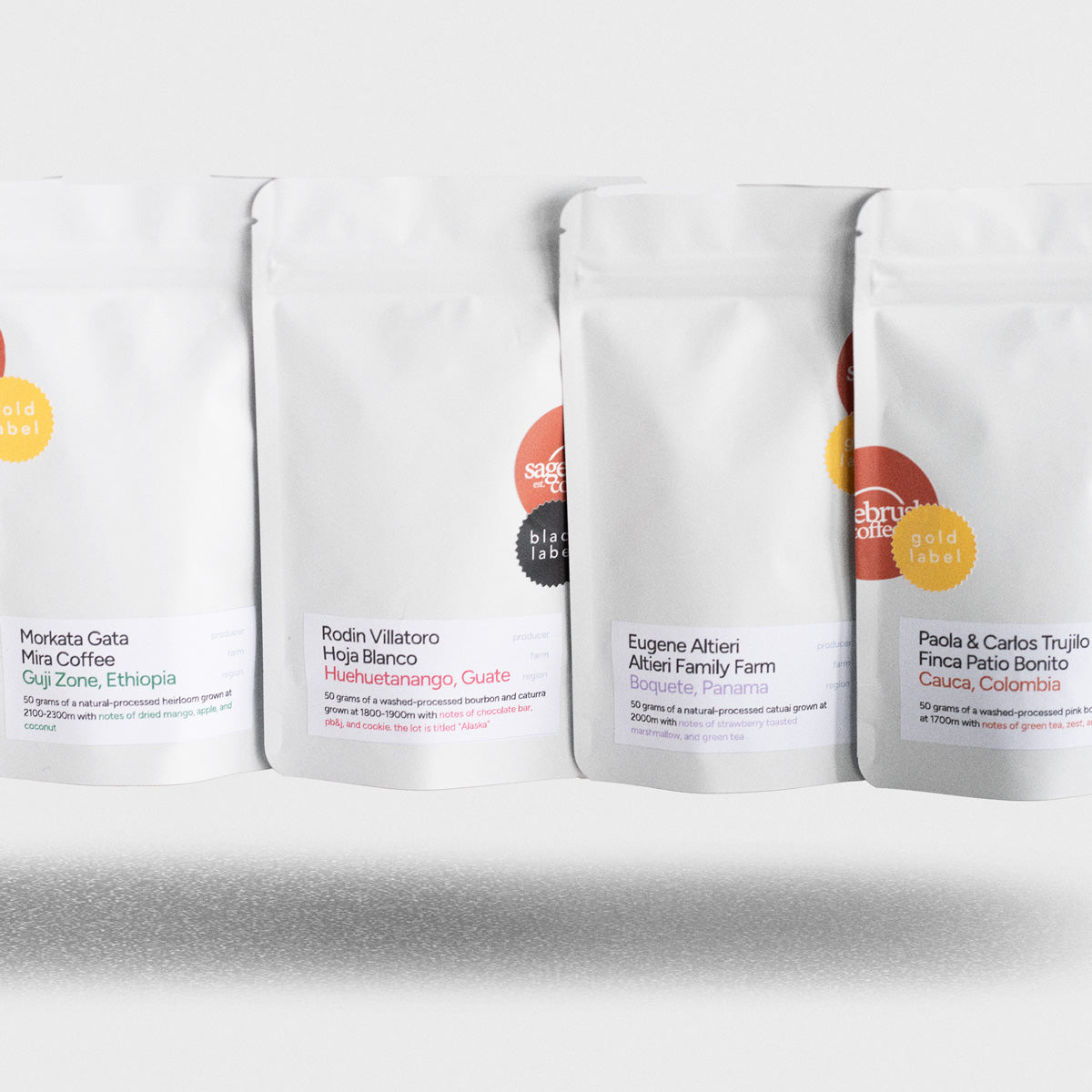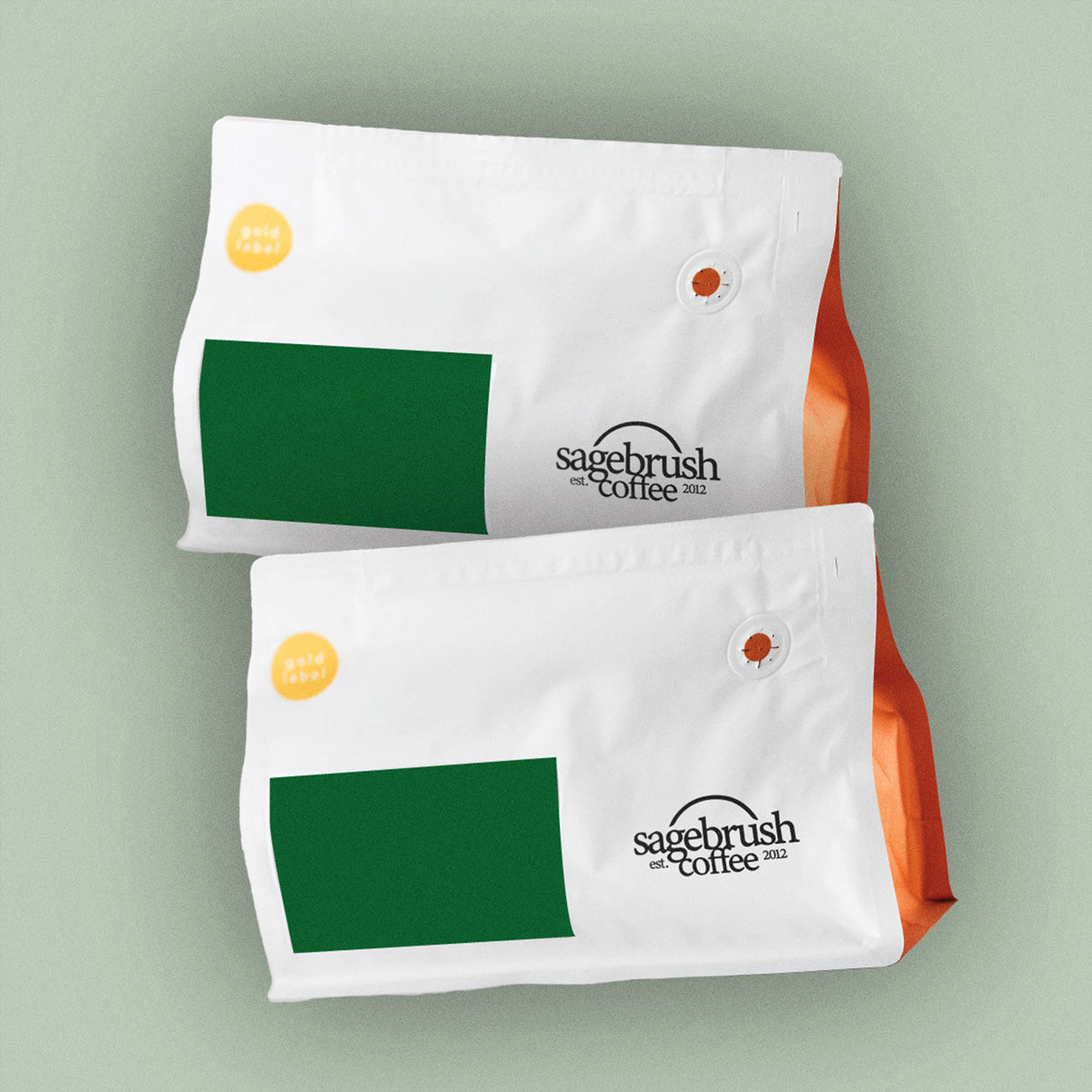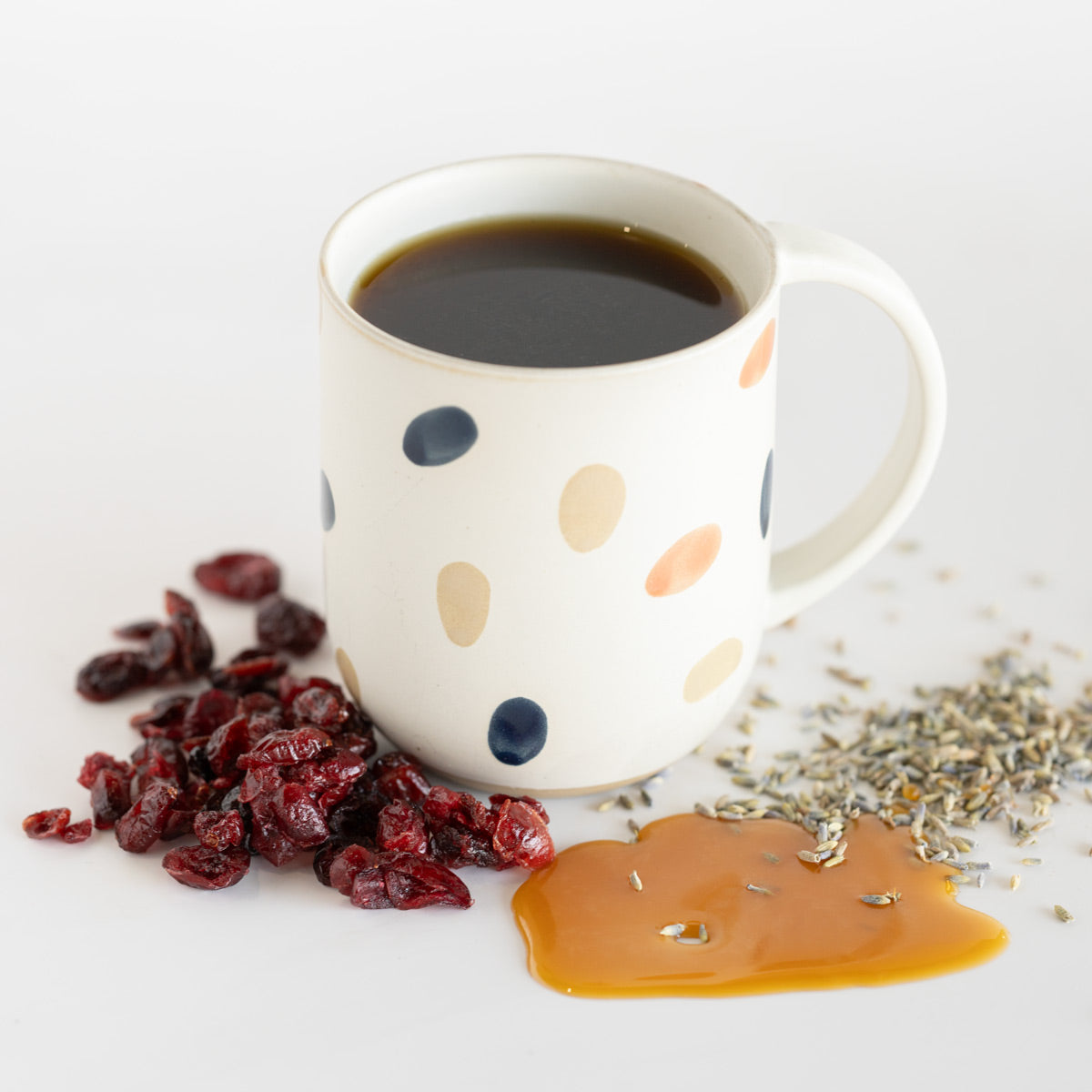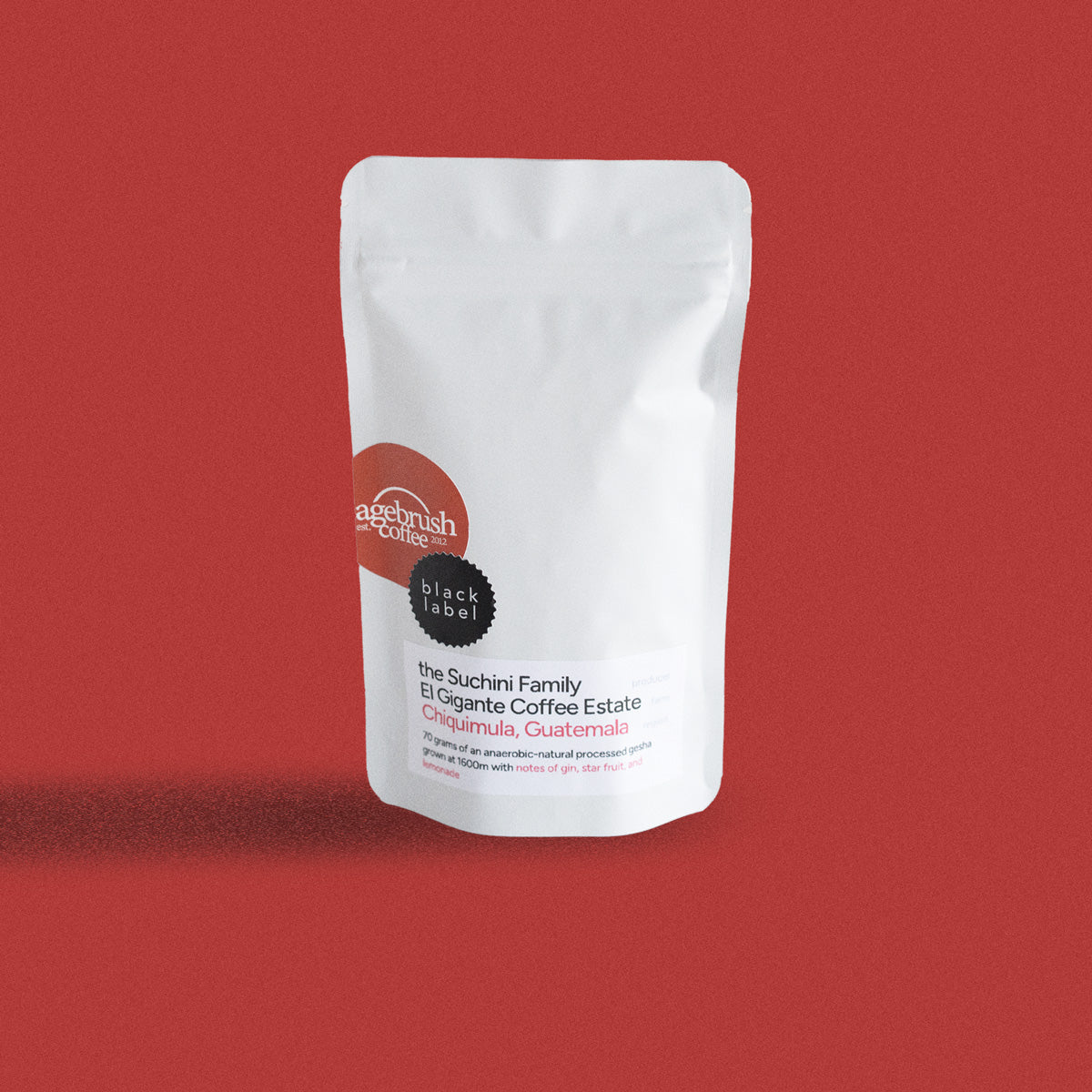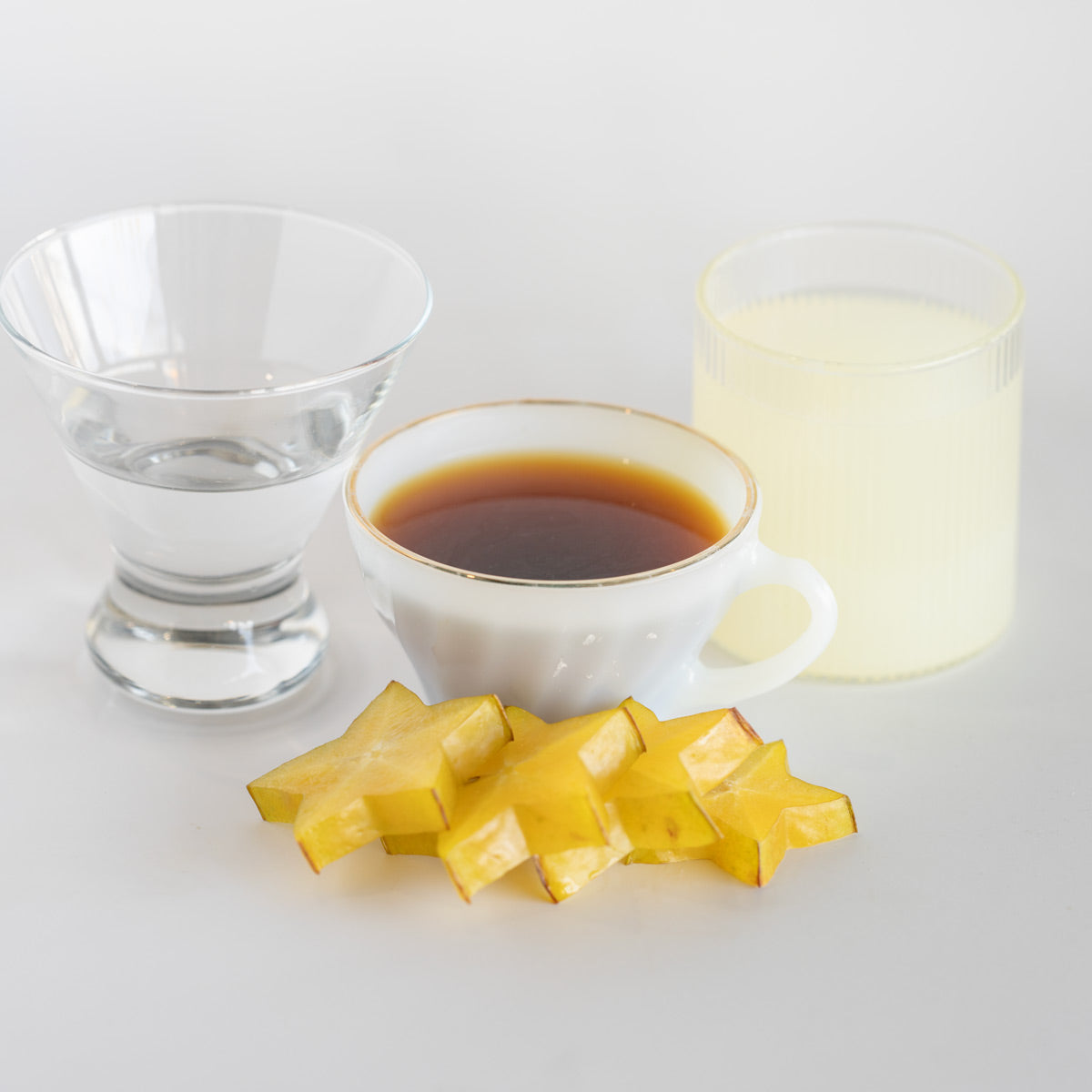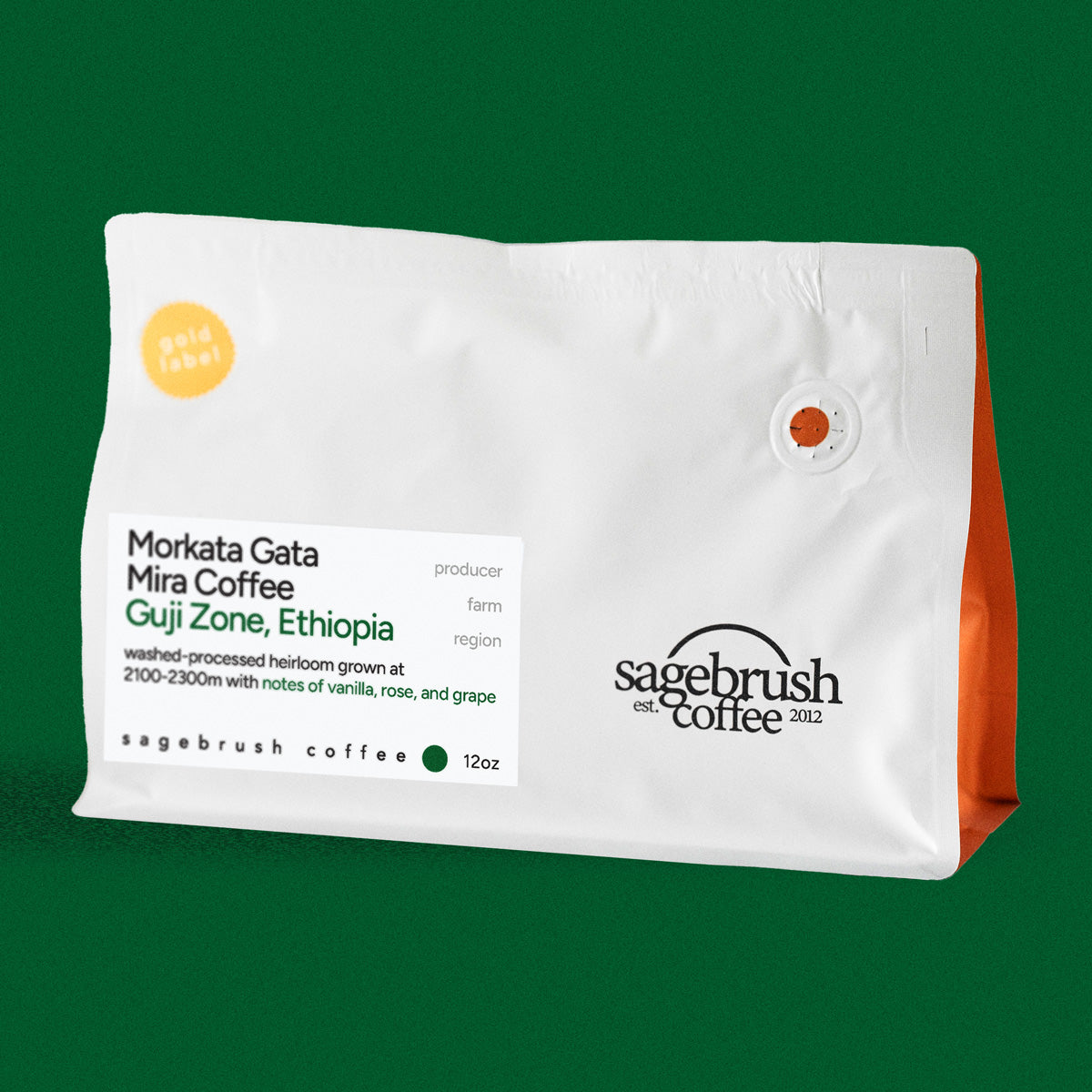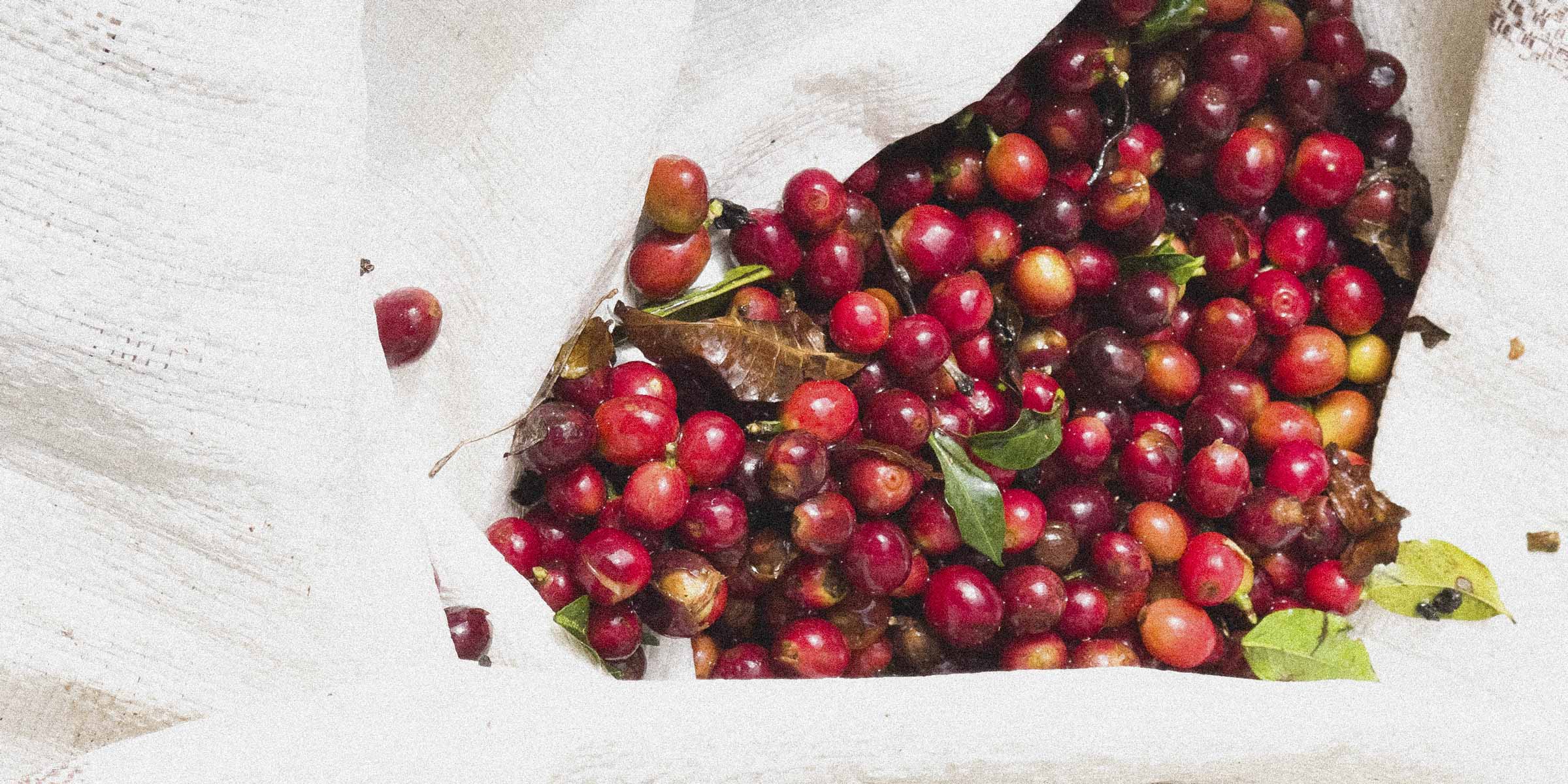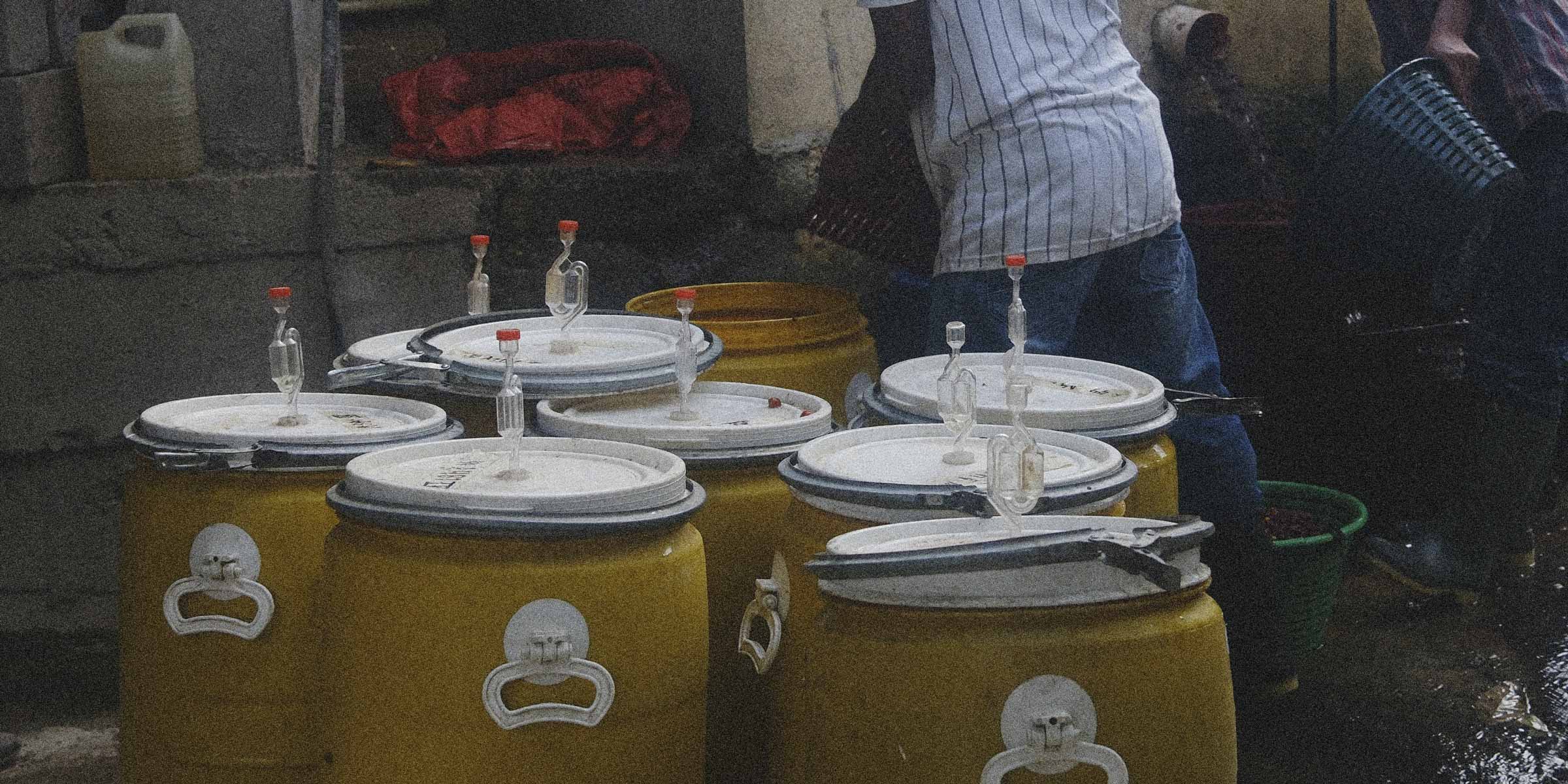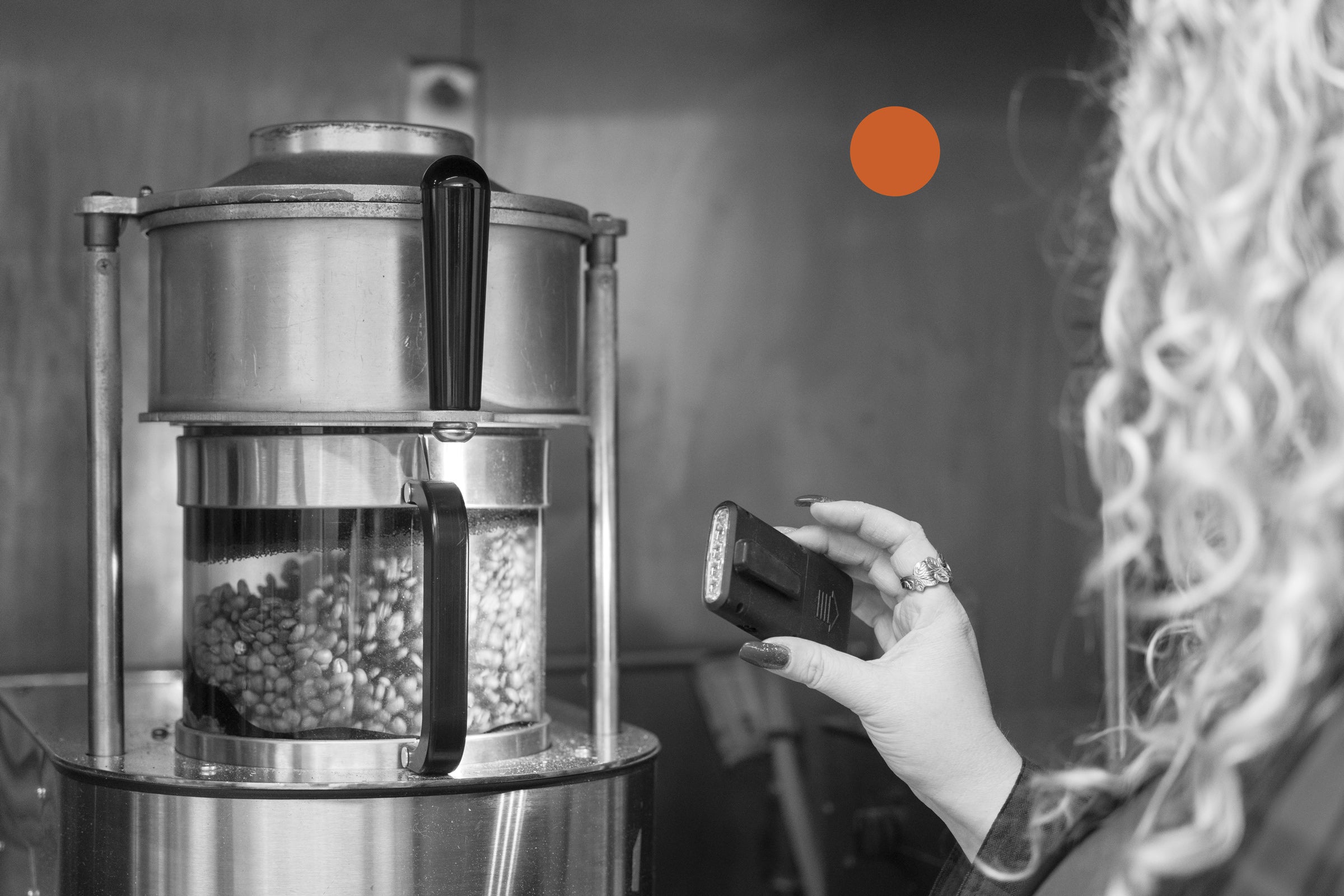
For as long as I can remember, coffee has had a bad reputation. Its negative reputation ranged from possible cancer-causing to stunting growth. I've had moments when I have thought, if I hadn't started drinking coffee so young, maybe I'd be taller. Or, is it possible that I would be just as short as I am regardless of how much coffee I drank? I didn't think I would ever know. Today, with scientific advancements and studies performed, we can conclusively know the effects of coffee. As it turns out, it's not as bad as I thought. Coffee can be good for you! Yes, you read that correctly. Coffee can be good for you! It's so shocking I had to write twice. We all know that coffee contains caffeine which is why I say "it can" be good for you. The key to coffee is making sure you have the right amount. We all know coffee can be addictive because of caffeine, but in the right amount, coffee has a lot to offer to promote health. What a surprise! What a perfect time to make that discovery! January is health month at Sagebrush, and since New Year's is a time for making resolutions, why not set goals for your health. But how exactly is coffee good for you? Keep reading to find out...
Coffee Can Give You Energy & Not Just Because of Caffeine.
Coffee is full of polyphenols and B12 (riboflavin). Polyphenols are powerful antioxidants that repair cell damage from aging and other environmental factors. Coffee also contains vitamin B12, which is also known as riboflavin. It's responsible for converting carbohydrates to glucose which produces energy.
What do we know about caffeine? We know it's a stimulant. It can keep you awake. Having too much of it can bring on jitters. For the most part, we recognize the adverse physical effects of caffeine. Unfortunately, the health benefits are more subtle, so you have to dig a little deeper, but they're there. For example, caffeine contains chlorogenic acid, which helps reduce blood sugar. If you have Type 2 diabetes, having some coffee every day may help your body regulate sugar levels. It may also help lower your blood pressure, help improve your mood, and has anti-inflammatory properties. Some studies have shown that it may also help with brain function, which may help prevent Alzheimer's and Parkinson's.
As I did, you might be wondering how we went from coffee being so bad for you to coffee being good for you. It appears to be quite a leap. I'm not saying that you'll never have health issues if you drink coffee. When you think about it, coffee is grown from rich soil in the ground. Why wouldn't it be good for you? I think it's worth looking at coffee from a different point of view. Farmers care a great deal about the soil their coffee is grown in. For the most part, the regions that grow coffee well are volcanic regions. Volcanic soil is some of the most fertile and best soil to produce what we can eat. Coffee is no different.
How Do You Make Sure You Take Advantage of the Health Benefits?
1. Moderate the amount.
An essential aspect of getting all you can out of your coffee is not exceeding the recommended amount. Too much caffeine can cause adverse health effects, so being careful of the amount is the first step to ensuring that coffee is adding to your health rather than depleting it. Caffeine can be a strong stimulant when used excessively, cause you to have trouble sleeping, and have other effects. Keeping the right balance of coffee throughout your day is vital to maintaining a healthy balance. The recommended daily amount for coffee is 400 milligrams, about three to five eight-ounce cups.
2. Use health-promoting water.
Recently I wrote a blog about water quality. It turns out water quality can impact your health. Making sure the water you use meets the right levels that promote health can make a difference. The proper levels of Total Dissolved Solids (TDS), the right amount of minerals, the right pH level, and the right alkaline level make a difference in how your body absorbs nutrients. Check out the blog about water for more details to make sure you know how your water is filtered. If you use a Reverse Osmosis (RO) system, you may want to put some minerals back and adjust the pH level to ensure your water is the best. RO is a prevalent filtering system because it effectively removes significantly more toxins than other filters. But, as so much of the bad stuff comes out, so does some good stuff. I use an RO filter, and I love it because my coffee tastes great. Suppose you use an Activated Carbon water filtering system like a Brita pitcher. In that case, it's highly effective in cleaning out your water without affecting the pH level, but some toxins may be left behind. It's effective in removing a lot but not as effective as an RO system.
I cringe at the thought of using tap water. I suppose it depends on the area you live. In the metro Phoenix area, tap water is perfectly safe to drink but tastes terrible. I would never dream of using it in my coffee. Nevertheless, your coffee will taste a lot better than tap water.
3. If you're drinking in the evening, switch to decaf.
I am susceptible to the effects of caffeine as a stimulant. If you're like me, I can't have caffeine after three in the afternoon because I won't sleep. If I want a cup of coffee in the evening, I will often reach for my favorite decaffeinated coffee. You may be wondering if good decaffeinated coffee exists or if enough caffeine has been extracted to make it a real decaf coffee. You have a few options for decaf, and what matters is the processing. The Sugar Cane Process is the best tasting, in my opinion, and for me, it does the job of having enough caffeine extracted not to keep me awake. The Swiss Water Process (SWP) is also a great option. While it may not match the flavor of the sugar cane process, it tastes delicious. What sets SWP apart is that it genuinely extracts the most caffeine from any other method. You get coffee that is 99.9% decaffeinated. So if you want to make sure you get a true decaf because of caffeine jitters or even an allergy to caffeine, this is the way to go. And fortunately, we offer both processes so that you can enjoy a great cup of coffee at any time of day.
4. Use high-quality coffee.
When you select coffee, make sure you know the source. Make sure to buy coffee from a farm that knows what they're doing when it comes to taking care of their crops to absorb all of the benefits of the rich fertile soil. When you buy from Sagebrush, you can be confident that we (when I say we, I mean Matt, the owner) are highly selective about the farms we buy from. Matt has spent much of his roasting career-building direct relationships with farmers so he can bring the best to our customers. He does all the work for you when selecting high-quality coffee. Try some of our best!
5. Keep it natural.
It's possible to lose some of the health benefits of coffee when too many ingredients are added to it. That's why we recommend keeping it natural and pure like it was intended. If black coffee isn't your thing and you like sweeteners and other ingredients in your coffee, try being selective with your choice of sweeteners, or maybe even reduce the amount of sweeteners. Sometimes, a little vanilla extract is just enough to enhance your coffee's flavor. Recently I read a recommendation to add cocoa powder to coffee. I may have to try it to see if it does taste good. I like my coffee in different ways. I like it black, but I also like it sweetened with fun flavors. Even if you like it sweet, they're a lot of ways to enhance your coffee while not negating its health benefits with unhealthy sweeteners. If you sweeten your coffee, choose a sweetener that is on the healthier side.
There you have it; coffee can be good for you. I'm still pretty amazed by the information I found about how coffee can promote health. Gone are the ideas of coffee stunting your growth or causing scary illnesses. But, like most things in life, moderation is the key.
References:
“9 Reasons Why (the Right Amount of) Coffee is Good for You” (blog). John Hopkins Medicine. https://www.theguardian.com/science/blog/2019/mar/06/cant-stand-the-rain-how-wet-weather-affects-human-behaviour.
"The Nutrition Source: Coffee" (blog). Harvard T.H. Chan, School of Public Health. https://www.hsph.harvard.edu/nutritionsource/food-features/coffee/


